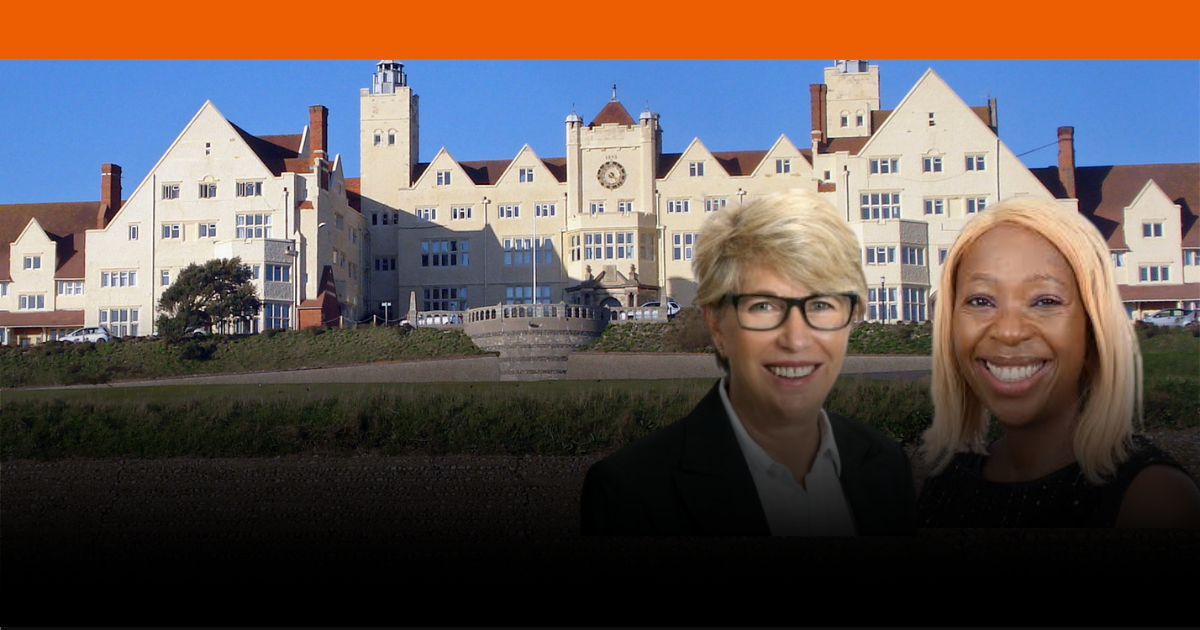For many people, the decision to have children is deeply personal- shaped by culture, finances, and individual desires. But in recent years, some of the world’s most influential (and wealthiest) men have been sounding the alarm on birth rates, insisting that having more children isn’t just a choice but a societal duty. And as their rhetoric grows louder, the war against people who choose not to have children seems to be heating up.
Case in point: Elon Musk and JD Vance have openly expressed their worries about declining birth rates and the need for more children. Musk, CEO of Tesla and SpaceX, has often warned that a “population collapse” could be a bigger threat to civilisation than global warming. He argues that humanity must either sustain or grow its population to prevent societal decline, claiming this issue is even more urgent than environmental challenges. Musk believes that without enough people, economies and industries will struggle. And what’s Musk’s personal solution to this so-called crisis? Well, he’s taken matters into his own hands, literally, by fathering 14 children (and that’s the confirmed kiddos).
Similarly, JD Vance, Vice President of the US, in a viral clip that stirred up strong reactions on social media, suggested that individuals with children should be given more voting power than those without. This idea comes after criticism surrounding Vance’s past remarks, where he labelled Democratic leaders as “childless cat ladies,”
The footage, taken from a 2021 speech he delivered to the conservative group Intercollegiate Studies Institute, features Vance proposing a controversial twist on voting rights. In his speech, Vance said:
“Let’s give votes to all children in this country, but let’s give control over those votes to the parents of those children. When you go to the polls as a parent, you should have more power — you should have a greater ability to speak your voice in our democratic republic — than people who don’t have kids. Let’s face the consequences and the reality: If you don’t have as much of an investment in the future of this country, maybe you shouldn’t get nearly the same voice.”
JD Vance says Americans without children should “face the consequences and the reality” and not get “nearly the same voice” in democracy
— Pat Rynard (@patrynard) July 24, 2024
Vance: “Let’s give votes to all children in this country, but let’s give control over those votes to the parents of those children.” pic.twitter.com/uYS6NcGkKn
In Vance’s world, the worth of your voice in a democracy should depend on your ability or willingness to reproduce.
This push to glorify childbirth as a civic duty is becoming a global trend, with governments and elites alike punishing those who opt out of traditional family life. The latest, and perhaps most shocking, example? Employers in China are taking it upon themselves to force workers into marriage or risk losing their jobs.
What’s this “marriage or unemployment” ultimatum about?
A Chinese chemical company, Shandong Shuntian Chemical Group, recently sent a notice to its employees that went viral on social media: get married and start a family by September, or pack your bags. The notice stated: “if you cannot get married and start a family within three quarters, the company will terminate your labour contract.”
If you thought South African parents were bad with their “When are you getting married?” questions, imagine your employer pushing you down the aisle.
This isn’t the first time something of this nature has happened. A supermarket chain in China, Pangdonglai, recently banned betrothal gifts, aka traditional lobola or bride price payments, to “encourage marriage,” while government advisors are even considering lowering the legal marriage age from 22 to 18 for men and from 20 to 18 for women. Some local officials have reportedly gone door-to-door, doubling down on pregnancy propaganda and pressuring women to reveal their pregnancy plans.
The backlash was so intense that Shandong Shuntian quickly backtracked. The local government even stepped in, and the company was forced to withdraw the memo.
China’s bigger issue remains: a shrinking population. According to the New York Times, last year, only 6.1 million couples tied the knot, the lowest number since records began in 1986. Birth rates have been declining for three years straight, and the government is panicking. The one-child policy, along with the cultural preference for sons, caused a significant sex imbalance in China. By the end of 2024, there are 104.34 men to every 100 women, leading to many social issues, such as men struggling to find marriage partners. The one-child policy has also sped up the aging of China’s population. At the end of last year, about 22% of the population was estimated to be over 60, putting a lot of pressure on services and the workforce.
A global trend of reproductive control.
While these policies may sound extreme, the push to guilt or punish people into having children isn’t limited to China. Across the world, the choice to remain child-free is increasingly being met with disdain from political and corporate elites who view population decline as an existential crisis. For example, in October 2024, Russia’s lower house of parliament approved a bill to ban “propaganda” promoting childfree lifestyles and in January 2025, Turkish President Recep Tayyip Erdogan launched the “Year of the Family,” introducing financial incentives to support young families and encourage higher birth rates.
Musk, for instance, has made headlines not only for his dire warnings about population collapse but also for his own ever-growing brood. His remarks often imply that those who choose not to have children are failing society, conveniently ignoring the financial, personal, and systemic barriers that make parenthood an impossible or undesirable choice for many. His rhetoric is not just personal; it’s political.
Critics have pointed out the hypocrisy in Musk’s views, especially given that many of his own companies, such as Tesla and SpaceX, have been accused of fostering grueling work environments with long hours and high-stress conditions that make balancing work and family life incredibly difficult.
Vance’s call to shift voting power towards parents is another example of this trend. He frames the idea that people without children are less invested in the future of a country. Critics, including political analysts and civil rights groups, have condemned Vance’s proposal as an attack on democratic principles, arguing that it undermines the fundamental idea of one person, one vote.
Can the workplace fix the birthrate crisis?
While Shandong Shuntian’s notice, which included a cap of five tables worth of wedding guests for their employees, was extreme, they aren’t alone. Supermarket chain Pangdonglai recently introduced workplace rules to “encourage marriage”, including a ban on exchanging bride prices.
Critics slammed the move, calling it an invasion of personal privacy. But interestingly, People’s Daily newspaper, a government-owned publication, praised the company for “intended to promote a new trend of civilized marriage”.
But experts aren’t convinced. Demographer Yi Fuxian explained that China’s high legal minimum marriage age was established in 1980 alongside the one-child policy as part of Beijing’s efforts to slow population growth. “But even lowering the legal age of marriage to 18 will do nothing to boost the fertility rate now that people have become accustomed to marrying and having children later,” Yi said.
But here’s the real issue…
China’s declining birth rate is a serious challenge, but forcing people into marriage or threatening to fire them if they don’t clearly isn’t the solution.
Many young people are delaying marriage due to financial constraints, increasing work demands, and evolving social norms. Rising living costs and economic uncertainty have made starting a family less of a priority than it was.
Experts suggest that addressing affordability and improving work-life balance could be more effective in encouraging family growth than workplace interventions. We may agree with them on that.
Lona is a recent graduate with an Honours degree in Journalism and Media Studies from Wits University. Passionate about storytelling, she is eager to learn, grow, and hone her writing skills.




